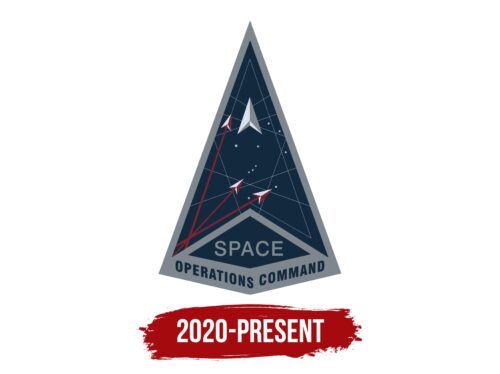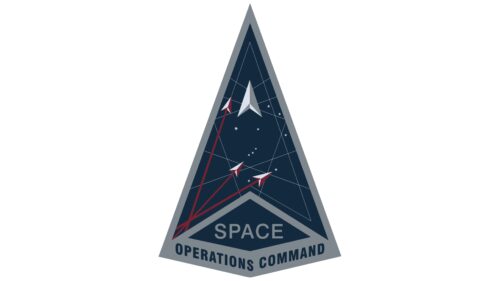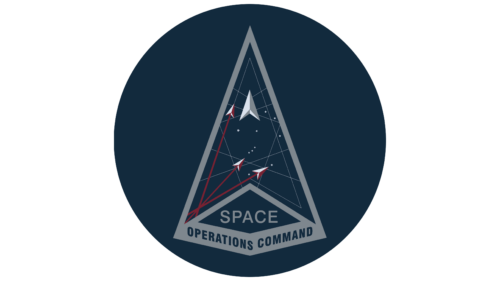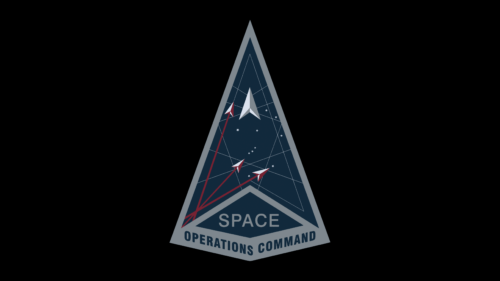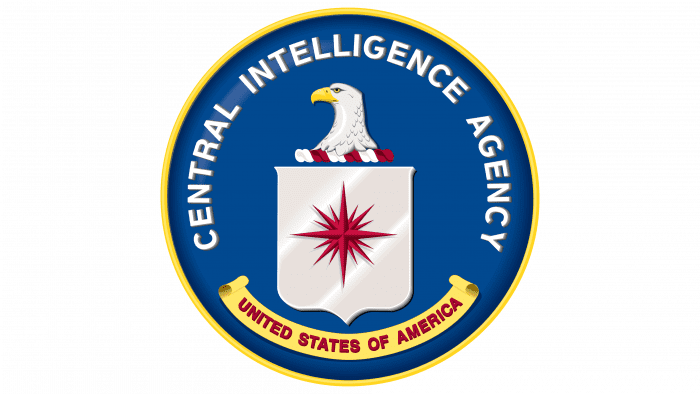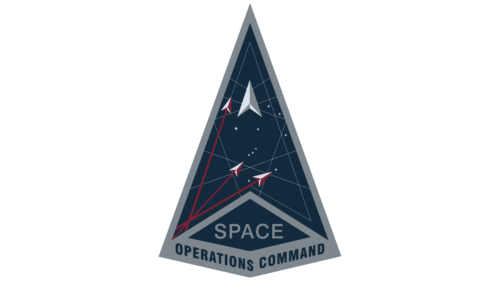 Space Operations Command Logo PNG
Space Operations Command Logo PNG
The Space Operations Command logo accurately conveys the mission and purpose of the organization. The emblem is filled with the theme of space, military ships, and patrolling starry space.
Space Operations Command: Brand overview
| Founded: | 21 October 2020 |
| Founder: | U.S. Space Command |
| Headquarters: | Peterson Space Force Base, Colorado, U.S. |
| Website: | spoc.spaceforce.mil |
Meaning and History
The unit was created as Space Command (1982) and, during its existence, went through several name changes and jurisdiction transfers from Air Force Space Command (1985) to the United States Space Force (2020). However, the existence of the 14th Air Army was discussed as early as 1943.
What is Space Operations Command?
The central unit of the United States Space Force was established in 2020 during the reformation. It deals with field command, intelligence, and cyber operations. It is stationed at Peterson Space Base.
2020 – today
The organization’s logo remains constant and reflects the direction of its activities.
The logo is designed as a model of a spacecraft. It resembles military fighters and has a deltoid shape. It is similar in form to the previous logo from 2020 when the organization was called the United States Space Force.
In the lower part of the image are inscriptions. In the center is “Space,” and along the edge of the tail part is “Operations Command.” The emblem is an image of a spacecraft for protecting America’s space domain.
Inside the flying machine is a star map, where thin lines, following the contours of the spacecraft, denote the trajectories of smaller-sized space vessels moving through space.
There are four in total. One maintains a straight course and is a smaller metallic replica of the emblem itself. The other three, emerging from the lower-left corner of the map and passing through a common point for all, follow their routes through space. Behind each of the three spacecraft, its flight trajectory is drawn.
The logo shows that the celestial space is divided into sectors, protected, and under constant surveillance. All flying machines have a single command and deployment point. Within SpOC, this is the 24/7 Space Operations Center.
The absence of inscriptions outside the drawing emphasizes the compactness of the symbol and the organization’s minimal attachment to Earth. All necessary equipment is carried with the flying machines. They are highly mobile and independent.
The nose of the flying machine points upward, indicating ascension into space and resonating with the vertical rocket launch to overcome Earth’s gravity.
The emblem exhibits dynamics and speed. It demonstrates readiness to react quickly to any threats and to move to the necessary quadrants instantly.
The constellation Orion is clearly visible on the celestial canvas, one of the most famous and recognizable. It can be observed in the United States for most of the year. In mythology, the warrior figure was considered the Great Hunter, the embodiment of the King of Stars. In one hand, he holds a shield or a bow, and in the other, a club or a sword. However, in all versions, it is a celebrated and strong character.
The image of Orion emphasizes the military direction of SpOC and its ability to read star maps and navigate in space easily.
Moreover, most theories about the existence of extraterrestrial civilizations are associated with the Hunter constellation, demonstrating that the organization is prepared to confront even extraterrestrial threats.
Each Delta mission has its logo, although retaining the overall image of the spacecraft for all.
Font and Colors
The primary colors are dark blue and gray. These are not flashy, business-like, and serious shades.
- Dark blue – a color close to outer space but warmer. It is akin to the hue of combat aircraft and camouflage suits. It demonstrates the military orientation of the organization.
- Gray – conveys the color of metal, the main component of weapons and equipment.
Some details on the emblem are done in white and red. Red represents speed, the ability to quickly get into combat readiness and fly out on a mission. White shows the good intentions of the unit, exclusively protective direction without any aggressive or invasive goals.
The font is simple but light and thin, Nimbus Sans Korean Medium, so as not to “pull” the spacecraft towards Earth.
Space Operations Command color codes
| Aluminium | Hex color: | #7e878e |
|---|---|---|
| RGB: | 126 135 142 | |
| CMYK: | 11 5 0 44 | |
| Pantone: | PMS 430 C |
| Squid Ink | Hex color: | #132a3d |
|---|---|---|
| RGB: | 19 42 61 | |
| CMYK: | 69 31 0 76 | |
| Pantone: | PMS 2965 C |
| Claret | Hex color: | #772232 |
|---|---|---|
| RGB: | 119 34 50 | |
| CMYK: | 0 71 58 53 | |
| Pantone: | PMS 202 C |
